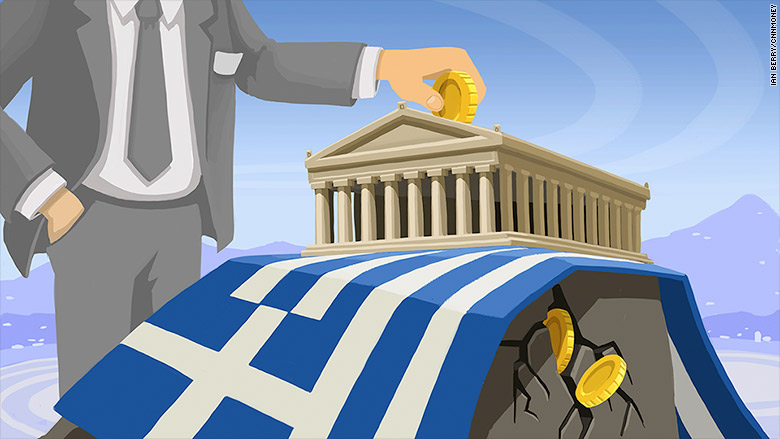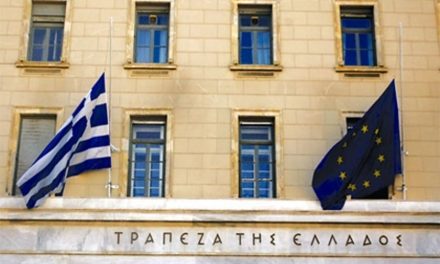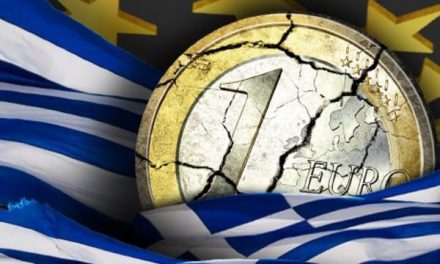By Dhara Ranasinghe, CNBC
It may be early days for Greece, which only last month agreed a third bailout deal, but for some the beleaguered country is becoming an investment opportunity.
Now is the time to invest in Greece, Francesco Starace, CEO of Italian utility Enel, told CNBC’s Julia Chatterley on the side lines of the Ambrosetti Forum in Italy on Friday.
It was a view shared by Italian Finance Minister Pier Carlo Padoan.
“If you project Greece forward over the next five to 10 years, you will find if reforms are implemented, potential growth will go up, inefficiencies will go down, jobs will go up, confidence will be rebuilt,” Padoan told CNBC at the weekend.
“So it (Greece) is like an emerging economy in its upswing phase,” he added.
In return for an 86 billion euro ($96 billion) bailout from its international creditors, Athens has had to implement tough reforms such as cutting back on pensions and scrapping tax breaks for farmers.
And in a sign that Greek risks have fallen back, yields on benchmark government bonds have retreated. The yield on a bond falls when its price rises.
The yield on the 10-year Greek bond is trading at about 9 percent, down from 19 percent in July amid heightened concerns about the Greek debt crisis and a potential hasty exit from the euro zone.
Hold on
But Greek risks are far from over, especially with a snap election due on September 20, analysts said.
“The risk is that no one is able to form a government, then we have fragmentation and then we have the possibility of a third election this year,” Tina Fordham, chief global political analyst at Citi, told CNBC’s “Squawk Box Europe” on Monday.
Former prime minister Alexis Tsipras quit last month, hoping for a stronger mandate to improve Greece’s bailout terms.
But his left-wing Syriza party has seen its poll lead fall sharply, paving the way for a tight-run contest against the conservative New Democracy party.
“There are clearly pension and economic reforms that need to be implemented and while Greece is on the path of avoiding an exit from the euro zone, frankly if it doesn’t implement the changes that are much needed, maybe three, four years down the road we could be back in the position we were in a few months back,” Randy Frederick, MD of trading and derivatives at Charles Schwab told CNBC on Monday.
One investor who knows all about investing in Greece is American billionaire Wilbur Ross. He was one of a group of investors who pumped 1.3 billion euros ($1.47 billion) into Greece’s Eurobank Ergasias last year.
The bank has seen its share price plunge 80 percent this year against the backdrop of the Greek debt crisis that sparked a run on banks earlier this year.
Ross told CNBC in June that he was confident that his investment in the Greek bank would work out.
“Whether you think it makes sense to invest there (Greece) or not, if you’ve got a high-risk tolerance, maybe it is,” said Charles Schwab’s Frederick.


















